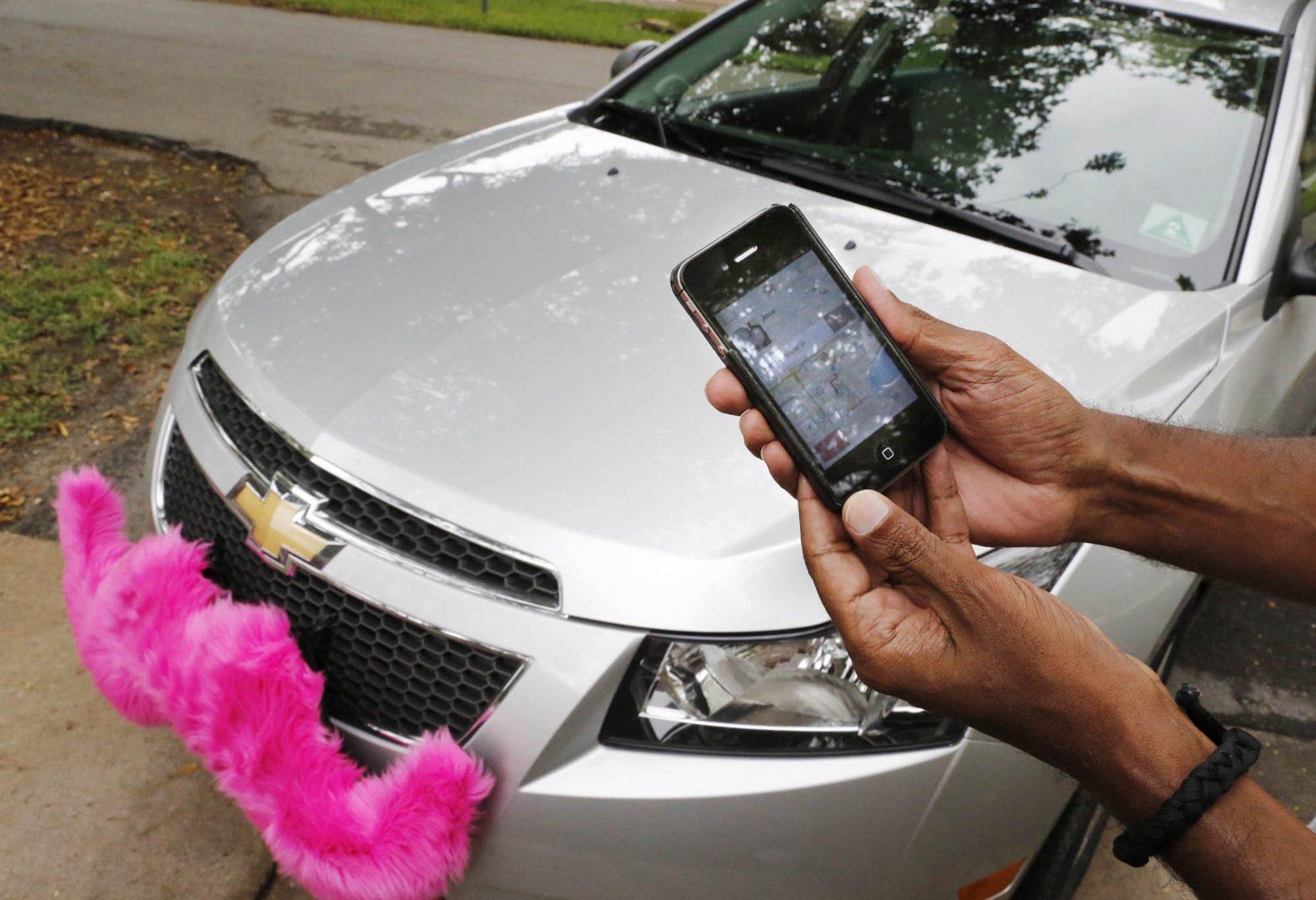
Uber, Lyft and other transportation network companies, or “TNCs,” favored by Millennials are currently locked in statewide and local battles the companies say could drastically undermine the way they do business.
Uber, a San Francisco-based service that enables its users to request rides from drivers via a smartphone app, sent out an email to its California customers last week urging them to contact their state representatives to stop AB 2293, which would create more stringent regulations on the insurance coverage TNCs must provide to their drivers.
“Who would have thought California, the cradle for American innovation, would take the lead in killing it,” the email said, also claiming that legislators are being influenced by insurance and taxi lobbyists.
The bill, which unanimously passed through California’s State Assembly, would require TNCs to provide its drivers $300,000 in personal injury and $1 million in excess insurance coverage before the driver picks up their first customer.
Currently, TNCs are only required to provide $1 million in liability coverage after the driver has picked up a passenger.
Susan Bonilla, an assemblymember from California’s 14th district and author of AB 2293, said, “While pioneering services that TNCs provide have been proven convenient and popular amongst the general public, numerous cases have also shown the dangers that result from a lack of clarity in insurance coverage.”
However, Uber warns that while this regulation may not drive their headquarters from California, increased insurance costs may be passed onto consumers.
With the California Senate legislative year coming to an end, the bill would have to pass by Sunday in order to go forward to Gov. Jerry Brown’s desk this year.
However, TNCs are also facing attacks in Fresno. Uber and Lyft, which have both expanded into the city this year, have earned the ire of the taxi industry. In July, a group of taxi drivers sent a letter to Bruce Rudd, Fresno’s city manager, petitioning him to regulate TNCs that now compete with their businesses.
Unlike TNCs, taxi companies are heavily regulated by the city. The Fresno City Council sets the fares for the taxi companies, sets restrictions on who they can hire and decide at what quality their cars must be kept.
Rudd affirmed that any change to TNCs local regulation would have to go through the city council, meanwhile City Council Member Clint Olivier has publicly suggested that rather than regulating TNCs, the best course of action may be deregulating taxi companies.
Uber, however, is taking a proactive approach in fighting any further proposed regulations before they are established. In its latest and perhaps boldest maneuver to counter opposition to its car service app, the startup has tapped David Plouffe, former campaign manager and White House adviser to President Barack Obama, to lead its marketing and policy strategies.
Uber co-founder and CEO Travis Kalanick announced the appointment Tuesday morning. On a conference call he said the longtime political strategist will “make sure that our story is told, and that the right outcome happens.”
Plouffe will be, effectively, Uber’s campaign manager in the company’s self-described political race against taxi unions and regulators, saying his work at Uber “will be very familiar” after his work running President Obama’s 2008 campaign.
“But with any new challenge, there are distinctions and a learning curve,” he added.
Plouffe plans to lead Uber’s communication as if the company were a freshman political candidate, fighting a powerful and politically connected opponent — the taxi industry — and campaigning on issues very much the same as those central to a political race: transportation, public safety and health, air quality and job creation.
Uber says it creates more than 20,000 jobs each month by hiring drivers, and reduces the number of drunken driving crashes and cars on the street.
When asked why he joined the company, Ploufee said, “It’s hard to deny progress. It’s hard to stand in the way of change.”
Plouffe becomes the latest political insider to join a Silicon Valley company, a sign of the growing ties between the tech industry and Washington as well as the influence of deep-pocketed tech leaders to push federal policy in a business-friendly direction.
All in the last year, former Environmental Protection Agency chief Lisa Jackson was hired by Tim Cook to lead Apple’s environmental initiatives, former Secretary of State Condoleezza Rice was appointed to Dropbox’s board of directors and Colin Powell, secretary of state under President George W. Bush, became an adviser with venture capital firm Kleiner Perkins Caufield Byers.
Uber, like Google and other tech giants, has hired powerful lobbyists in Washington to move policy in its favor.
Launched in 2009, Uber was the first startup in what’s become a growing sector of tech companies that make apps to order rides on-demand. The service is now in 170 cities and 43 countries, but inconsistent transportation regulations — and the varying political atmospheres and influences of taxi companies — have made Uber’s rollout anything but smooth.
Although California approved new regulations for ride-sharing services last year, other cities from Berlin to Las Vegas have banned the company. Many cities, such as Philadelphia, have issued cease-and-desist orders, which Uber has flouted, while other municipalities remain locked in a political battle to sort out how to regulate on-demand car companies.
Foreshadowing what will likely be a very aggressive campaign, Kalanick described Uber’s fight against traditional transportation providers as an “insurgency” and Plouffe as the “brilliant general” who would lead the fight. The CEO repeatedly said the company would win the “hearts and minds” of “consumers, businesses, drivers and nonprofits who are interested in the transportation alternative.”
McClatchy Tribune/San Jose Mercury News reporter Heather Sumerville contributed to this report





